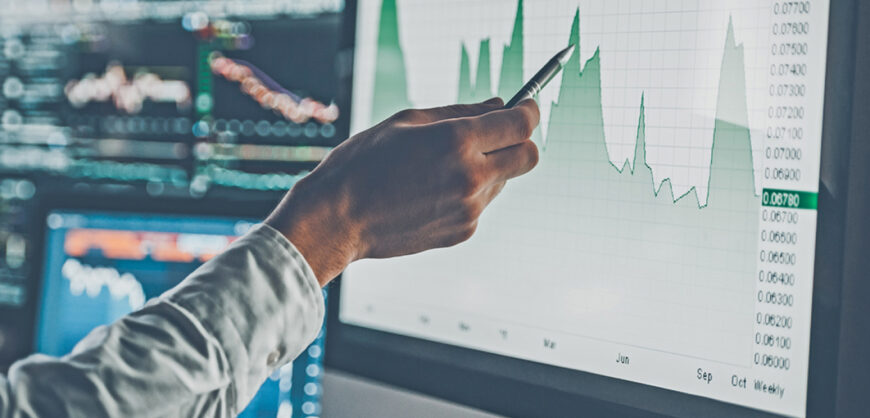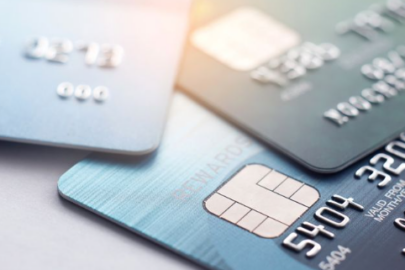Investors consider Greece’s return to the investment grade, for the first time after at least 10 years, to be a “done deal”.
The country, which is currently rated as “junk” by the three leading rating agencies, has put in a lot of effort in recent years in order to regain the confidence of investors.
And, according to Reuters, Greece is ready to achieve its goal. Investors hope that New Democracy will remain in power after June’s repeat elections and continue reforms, paving the way for an upgrade to Greece’s debt.
Analysts at various banks who deal with sovereign debt say that after the recent reduction in borrowing costs, Greece’s bonds are already trading at levels reminiscent of investment-grade securities.
The yield on Greece’s 10-year bond is currently at 3.9%, i.e. 50 basis points below Italy’s. This is the largest deviation since 1999.
“I would say the rating upgrade is already priced in. We don’t expect much movement, after the upgrade” notes Jean-Christophe Massado, an analyst at BNP Paribas.
Since Sunday night, when the first elections were held, the yield on Greek bonds has fallen by almost 15 basis points, with the result that the spread in relation to German yields is the lowest since 2021 (137 points).
Today, Greece received a BB+ rating from S&P and Fitch, while the always conservative Moody’s has a Ba3 rating.
The looming return to investment grade (an upgrade from S&P or Fitch is required), according to Reuters, will be more symbolic for the country, which will return to the radar of international investors.
In this context, the news agency considers that the upgrade is likely to take place in early October when S&P is going to update the Greek rating. On June 9, Fitch’s report precedes it. However, given the pending elections in June, it is considered unlikely that there will be any positive development.
However, JP Morgan, which sees a “high probability” of a return to investment grade by early 2024, expects spreads over Germany to have settled to 165 basis points by March 2024, around 20bps. higher than today.
On its part, BNP Paribas considers that spreads will range between 125 – 180 basis points, after the recovery of investment grade.
According to Commerzbank, at the same time, the upgrade will make Greek securities eligible for various funds, which only invest in investment-grade securities.
On the other hand, however, it does not rule out the possibility of sales by “quick money” investors, such as hedge funds, which had already bought Greek debt in anticipation of the upgrade.
“Once that happens, they are likely to rush to cash out. That’s why I think there won’t be a big rally in the wake of the upgrade.”




































